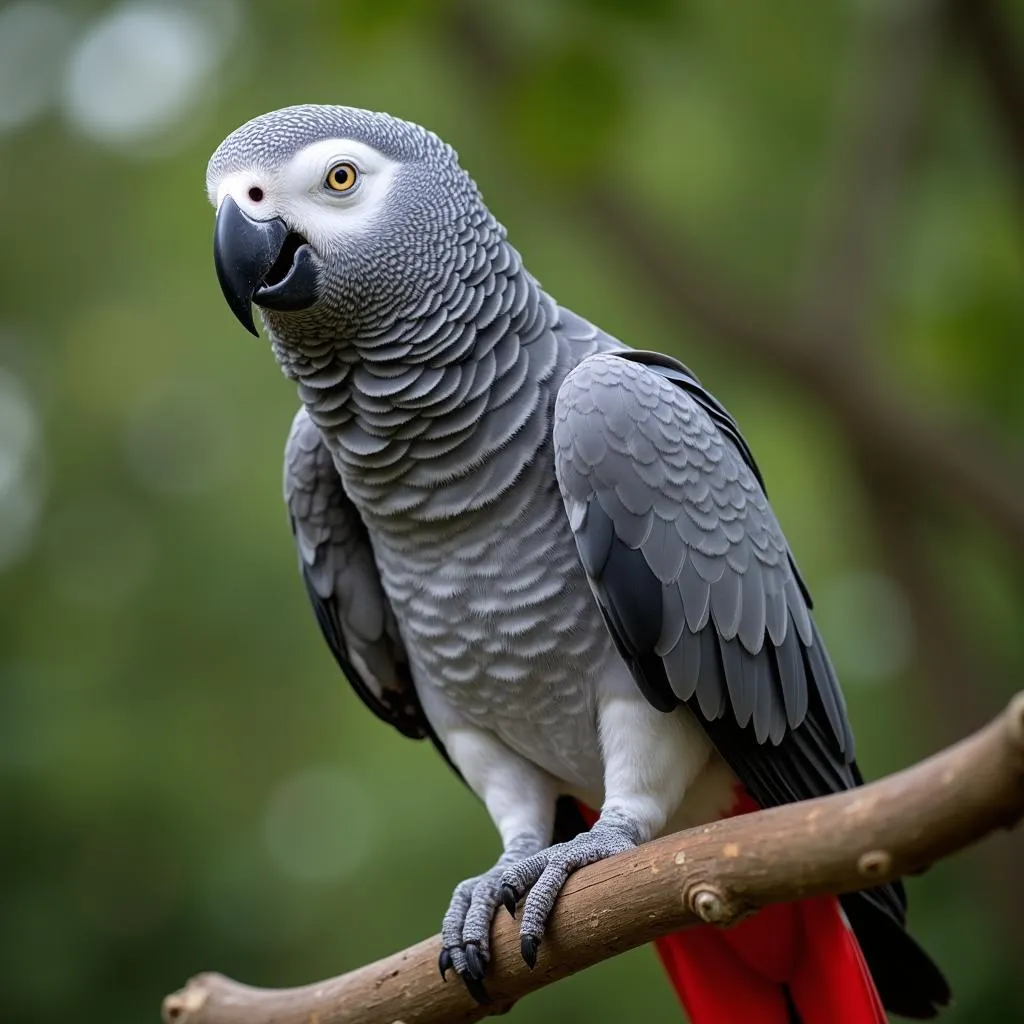The Meaning Behind the African Handshake
The African Handshake is more than just a greeting; it’s a cultural exchange, a symbolic ritual rich with meaning and tradition. This practice, deeply embedded within the diverse cultures across the African continent, transcends a simple touch of hands. It embodies respect, trust, and connection, often incorporating intricate movements, gestures, and even sounds that speak volumes about the individuals involved and the community they represent. Let’s explore the depths of this fascinating tradition.
Decoding the Cultural Significance of the African Handshake
The significance of the African handshake varies depending on the specific region and cultural group. In some communities, the strength of the grip symbolizes strength of character and respect. A limp handshake might be interpreted as a sign of weakness or disinterest. In other cultures, the handshake involves a series of snaps, claps, or other intricate movements, each with its own unique meaning. These variations reflect the diversity and richness of African cultures. See more on african handshake and kiss photos.
Respect and Trust: The Foundation of the African Handshake
Respect and trust are fundamental elements embedded within the African handshake. It is a way to acknowledge the presence and importance of the other person. The act of extending one’s hand signifies a willingness to engage and connect, demonstrating a level of trust and mutual respect. This ritual emphasizes the value placed on personal connections and the importance of community within African societies.
What are some common African handshake styles?
Several styles of African handshakes exist, often varying by region or ethnic group. Some involve a simple clasp of hands, while others incorporate intricate finger interlocking, snaps, and claps. For further details, explore resources on african american culture-body language.
The Role of Handshakes in Different Social Settings
The African handshake also plays a significant role in different social settings. It can be used to greet elders, seal agreements, or show appreciation. In some cultures, the handshake is even incorporated into traditional dances and ceremonies, further highlighting its importance within the social fabric of African Life. You might find it interesting to look at examples of the african bump.
How does the African handshake differ from Western handshakes?
While Western handshakes are generally brief and formal, African handshakes can be more elaborate and personalized, often reflecting the specific relationship between the individuals involved. They can be longer, involve more physical contact, and incorporate a variety of gestures, each carrying its own specific meaning. This emphasizes the importance of personal connection and communication within African cultures. Learn more about african american hand gestures.
“The African handshake is a powerful symbol of connection and respect,” says Dr. Abimbola Adebayo, a renowned anthropologist specializing in African cultures. “It’s a tangible expression of Ubuntu, the philosophy that emphasizes the interconnectedness of all humanity.”
Professor Kofi Asante, a prominent historian of African traditions, adds, “The handshake isn’t merely a greeting; it’s a conversation, a way to convey emotions and build relationships without words.”
In conclusion, the African handshake is much more than a simple greeting. It represents a rich cultural tradition, a powerful expression of respect, trust, and community. Understanding the meaning and nuances of this practice offers valuable insight into the diverse and vibrant cultures of the African continent. So next time you encounter an African handshake, take a moment to appreciate the depth of meaning behind this seemingly simple gesture. And for those fascinated by rhythmic movements within African American culture, explore the world of african american steppers.
FAQ
- What is the significance of the African handshake? It symbolizes respect, trust, and community connection, varying across different cultures.
- Are all African handshakes the same? No, styles vary greatly depending on region and ethnic group.
- What does the strength of the grip signify? In some cultures, a firm grip reflects strength of character and respect.
- How does the African handshake differ from Western handshakes? African handshakes are often more elaborate, personalized, and longer than Western handshakes.
- What is Ubuntu? It’s a philosophy emphasizing the interconnectedness of humanity, often reflected in the African handshake.
- Are there specific occasions for the African handshake? It’s used in greetings, agreements, and ceremonies, adapting to various social contexts.
- Where can I learn more about African handshakes? Resources like Omenka Magazine provide valuable insights and visuals.
Need assistance? Contact us 24/7: Phone: +255768904061, Email: [email protected], Address: Mbarali DC Mawindi, Kangaga, Tanzania.
